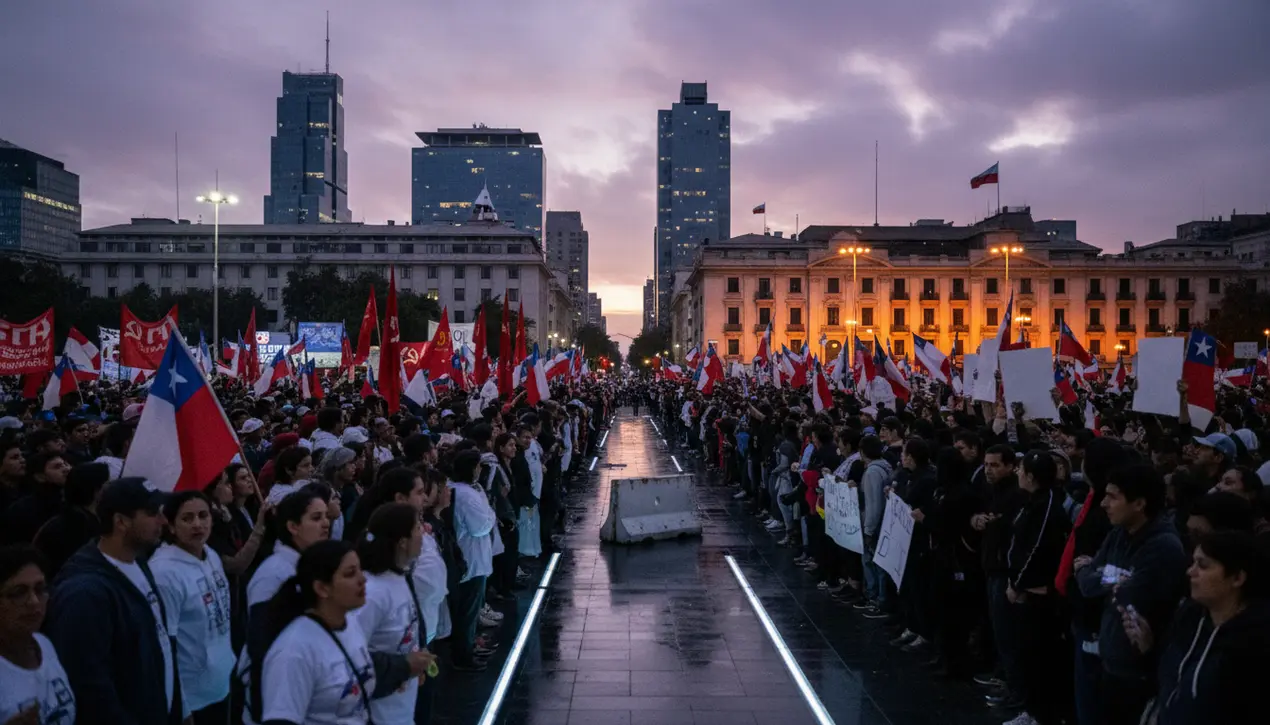
PoliticselectionsPresidential Elections
Chile's Historic Runoff Election Pits Communist Candidate Against Far-Right Challenger
RO
Robert Hayes
23 hours ago7 min read4 comments
Chile faces a defining moment in its democratic history as voters prepare for a presidential runoff that presents two radically different visions for the nation's future. The election, set between former communist labor minister Jeannette Jara and a far-right former lawmaker, represents the most stark political choice since the country's return to democracy.This contest emerges from the collapse of Chile's traditional political center, reflecting a broader regional pattern where moderate voices are being squeezed by resurgent ideological movements. The first-round results revealed a nation deeply divided, with Jara's left-wing coalition securing significant support while her opponent mobilized voters concerned about rising crime and immigration.The upcoming vote will determine whether Chile embraces Jara's platform of expanded social programs and wealth redistribution or shifts toward her opponent's emphasis on law-and-order and economic liberalization. International observers are closely monitoring the outcome, recognizing that the results could reshape Chile's foreign policy alignments and economic partnerships across the Americas. This election not only decides Chile's next president but also tests the resilience of its democratic institutions amid growing political polarization.
#Chile
#presidential election
#runoff
#far-right
#communist
#polarization
#Latin America
#featured
Stay Informed. Act Smarter.
Get weekly highlights, major headlines, and expert insights — then put your knowledge to work in our live prediction markets.
Related News
Comments
Loading comments...
© 2025 Outpoll Service LTD. All rights reserved.